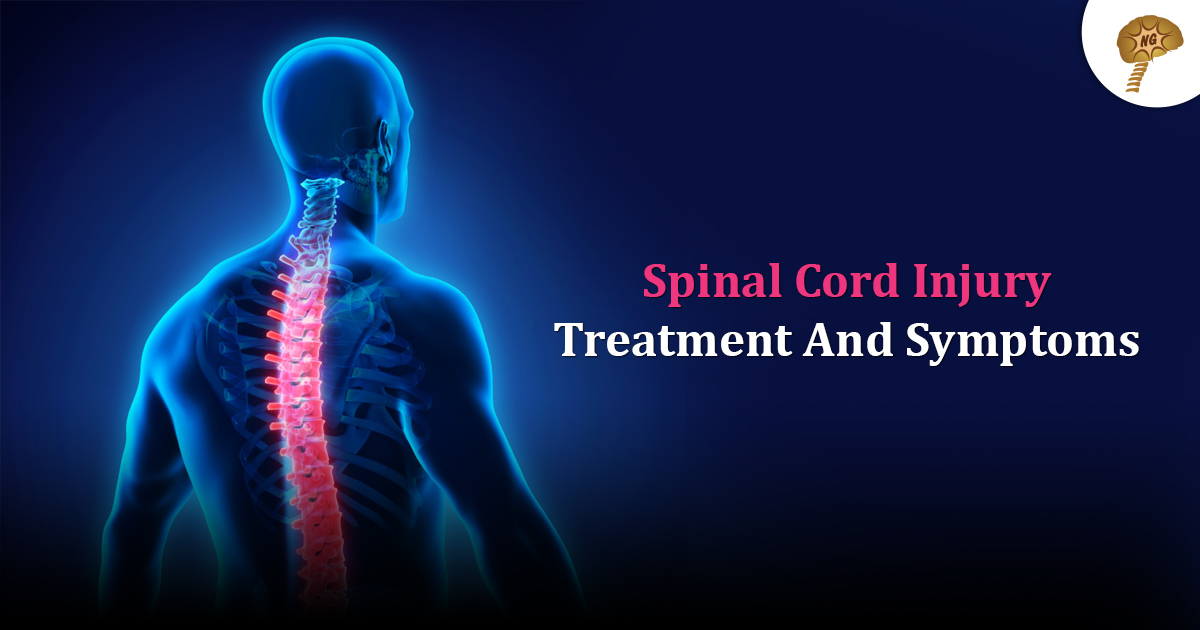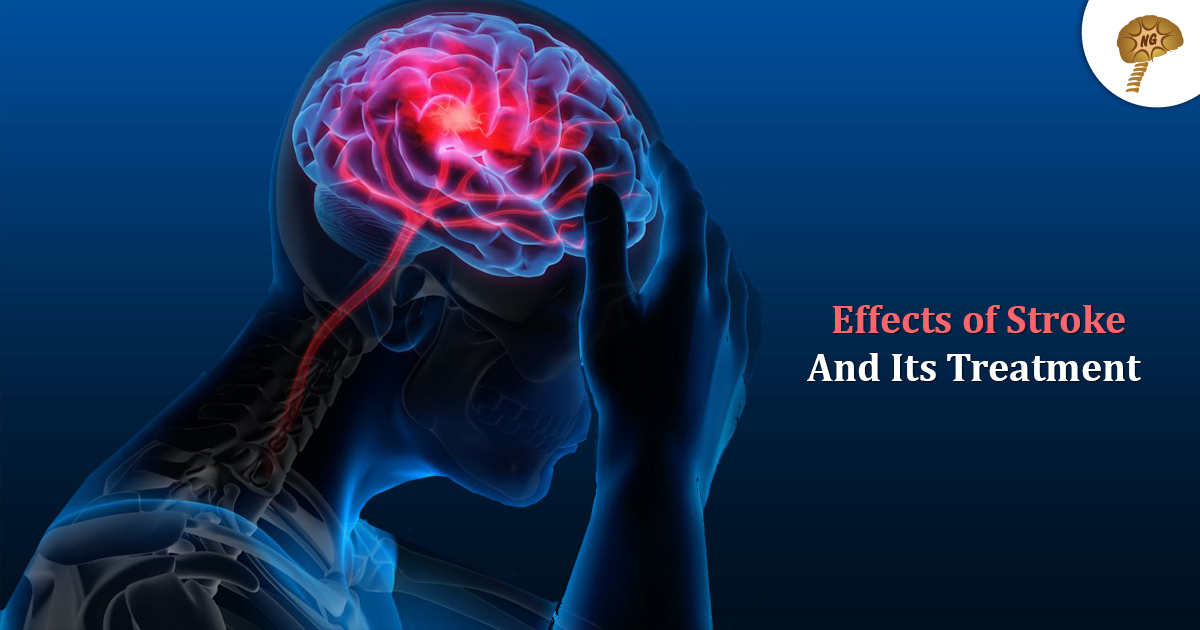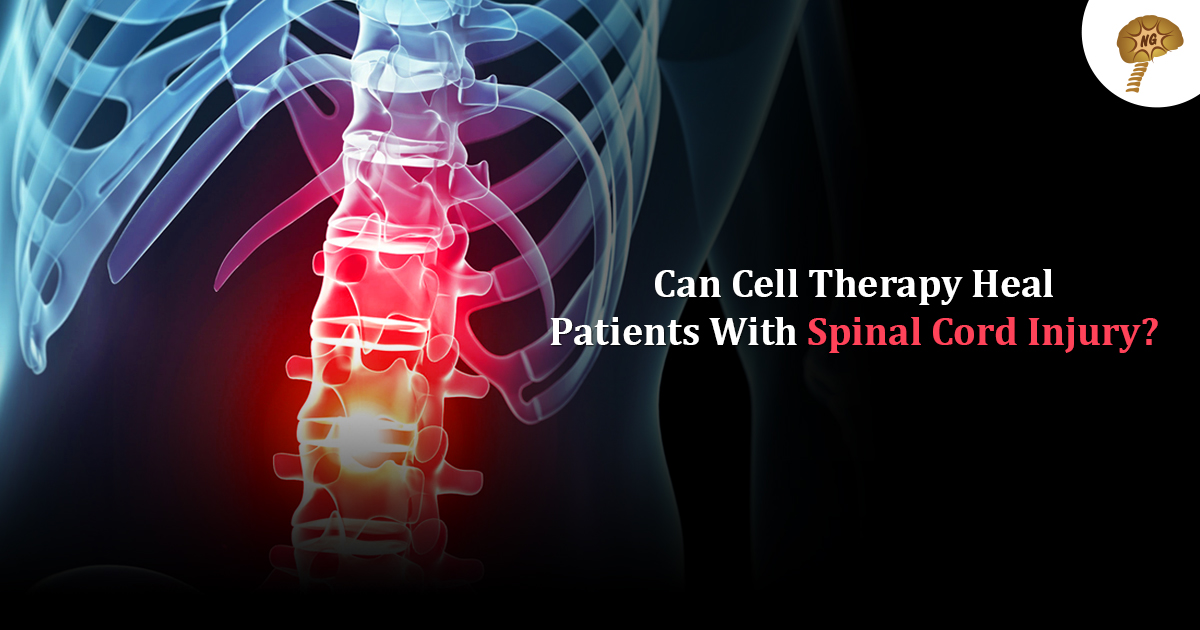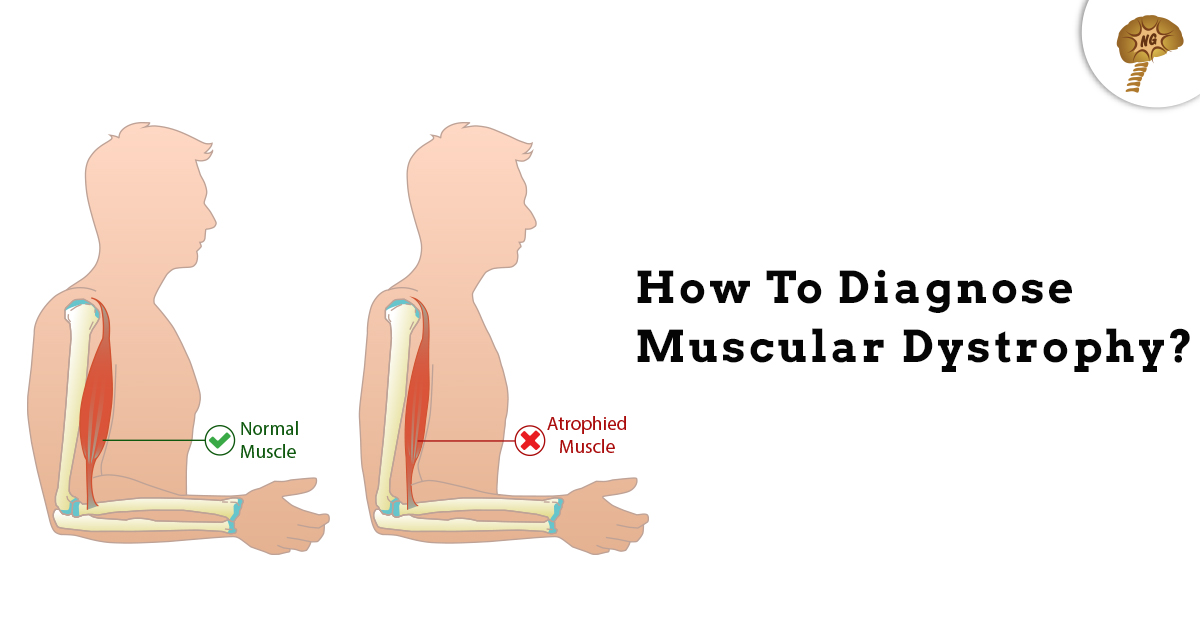
Cerebral Palsy is an umbrella of non-progressive neurological conditions that arise from an injury to the brain. Patients with cerebral palsy show developmental delays or mental health conditions, abnormal alignment…

Cerebral Palsy is an umbrella of non-progressive neurological conditions that arise from an injury to the brain. Patients with cerebral palsy show developmental delays or mental health conditions, abnormal alignment…

Damage to any area of the spinal cord or nerves at the ‘cauda equine’ causes permanent changes in sensation, strength and normal body functions. Thus, the effects of a spinal…

Every child is born with unique abilities. Some are born perfectly healthy (both mentally and physically) while others are born with neuromuscular and neurodegenerative disorders. Cell therapy is a treatment…

A drastic decrease in thinking or cognitive ability in individuals, due to limited or complete stoppage of the oxygenated blood supply to the various parts of the brain, is the…

In a person, a stroke occurs when the blood supply to certain parts of the brain is interrupted or reduced, depriving the cells and tissue of fresh oxygen and nutrients….

Autism is a neurological disorder that parents need to deal with patience, love, and affection. After the diagnosis of autism, a systematic treatment approach through various therapies helps to channelize…

Cerebral palsy is a neurological condition that affects muscle tone, and the ability to move in a coordinated way. It also affects sight, hearing and learning skills depending on which…

When a spinal cord injury occurs, the nerve-impulses cannot be transmitted from the brain to the other parts of the body. This can often lead to paralysis or loss of…

Muscular dystrophy is an assemblage of disorders that result in muscle weakness, loss of strength and flexibility. In some individuals, the problem starts during the early childhood stage or later…

Autism is a neurological disorder that affects the way in which the individual interacts and communicates with others. If elders are not familiar with autism signs, they may not know…